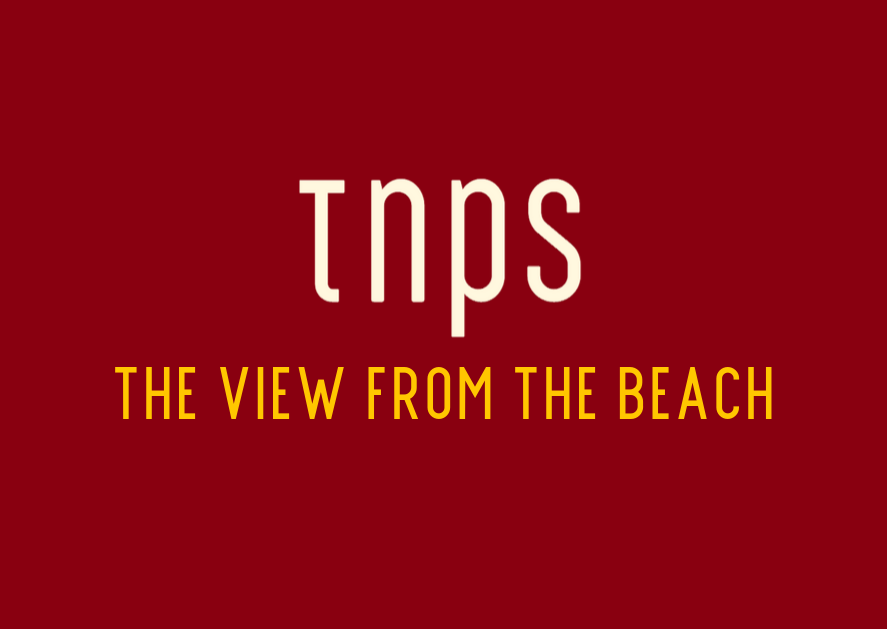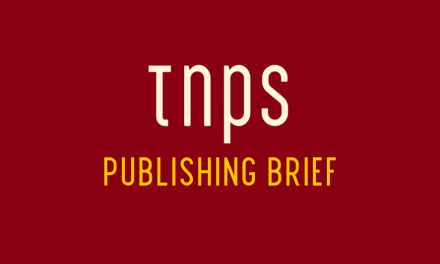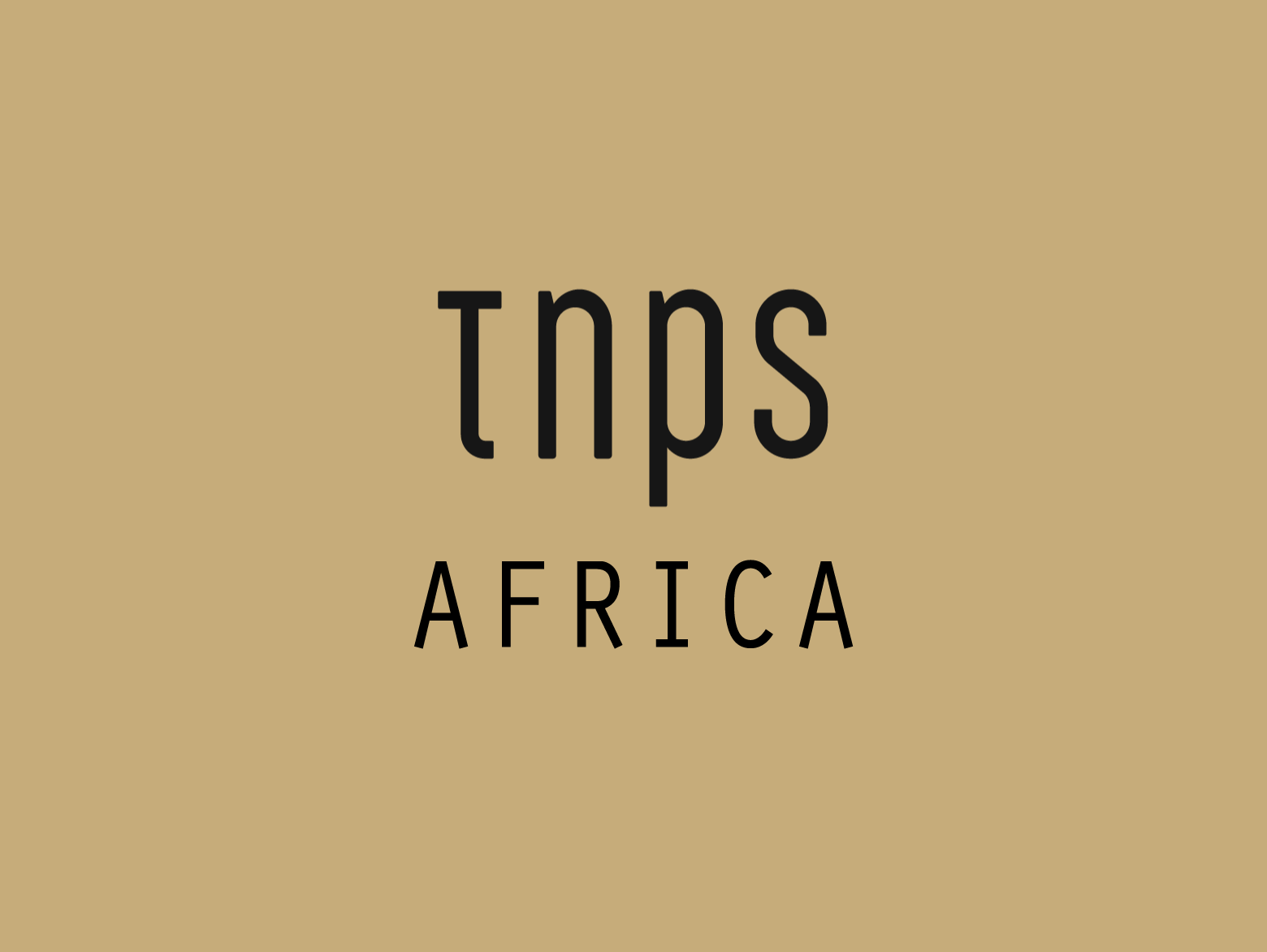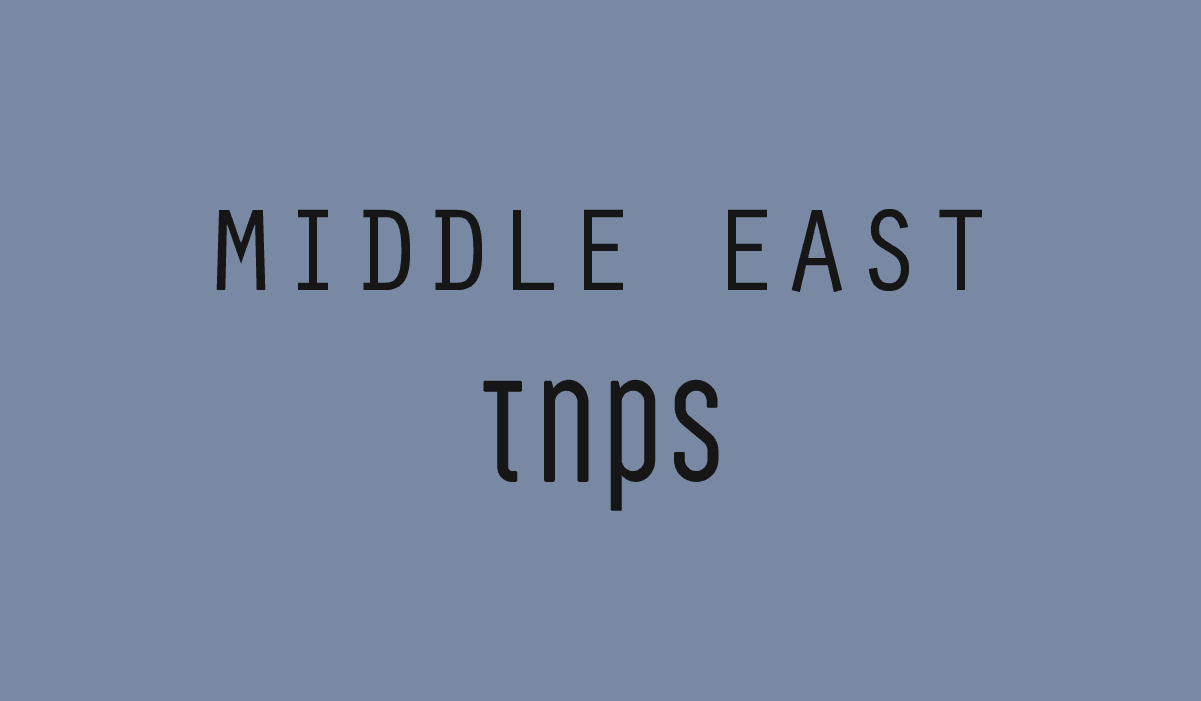Table of Contents
Nigeria has produced some of the finest writers of the past century. But where are the next generation of award-winning authors to come from if today’s kids can barely read and write?
As Nigeria embarks on long-overdue educational reforms, one critical issue remains largely overlooked: the erosion of reading as a cultural habit.
While infrastructure, digital learning, and curriculum improvements are vital, they cannot replace the fundamental need for a society that values books beyond the classroom.
The Educational and Cultural Crisis
For many Nigerians, books are regarded as academic tools rather than sources of intellectual engagement or personal growth. Reading is often perceived as a necessary chore to pass exams rather than an enriching practice. This problem is not merely educational – it is deeply cultural.
A child’s relationship with books ideally begins at home, long before formal education takes hold. Yet reading has largely disappeared from many Nigerian households, contributing to a broader societal disengagement from literature.
The Universal Basic Education Commission (UBEC) has launched promising initiatives, including digital learning hubs and the Smart Schools Programme, but structural reforms alone will not revive a reading culture, and without addressing the problem of reading, all these initiatives will be just window-dressing, because reading, and teaching teachers to teach reading, underpins all other educational progress, no matter how impressively expensive and shiny the classroom equipment.
The Home of the English Language
A major contributing factor to Nigeria’s literacy struggles is the country’s adoption of Jolly Phonics as a primary literacy teaching method. Despite being widely promoted, evidence suggests that Jolly Phonics has led to declining literacy levels in several countries, including England, the very home of the English language.
A 2022 University College London (UCL) report highlighted its negative impact on British children, demonstrating that while it provides promising early results (i.e. reading conveniently-selected phonics-friendly two-letter words like am and an and it and on) it often fails to develop strong reading comprehension.
Not least because the children are categorically told by teacher that the letter ‘o‘ must be pronounced like the ‘o‘ in ‘on‘ and the letter ‘e‘ is pronounced like the ‘e‘ in ‘egg‘ and the letter ‘y‘ is pronounced like the ‘y‘ in ‘yellow‘.
And then the children incorrectly pronounce simple two-letter words like no and go and to and do and we and me and be and my and by, and lose the will to live.
My is a Tricky Word. So is To, Me and I. Welcome to the Con that is Jolly Phonics
The poor teacher, reluctantly following instructions (unless they’ve bought into this rubbish and seriously believe it helps – shame on them!) explains that these words are “tricky words“. God help us! Tricky words are the singe biggest con in the history of teaching children to read. How can a child know a word is “tricky” except by learning to read properly in the first place?
And yes, even the first person singular pronoun, I, is a tricky words according to Jolly Phonics.
Yet even in the UK, along with Nigeria, The Gambia and many other countries, Jolly Phonics, under the generic term synthetic phonics – is the government-enforced teach-to-read pedagogy. This political reluctance to admit failure – have you ever heard of a government admitting it ballsed-up and has to change course? – and retrain teachers has led to continued reliance on this discredited system, exacerbating Nigeria’s and other countries’ reading crises. And absolutely that includes the UK, though for this essay, the focus will be on Nigeria.
The View From My Classroom
Having said that, let me bring in The Gambia here, where regular TNPS readers will know that TNPS is written from, and where I am director of a not-for-profit community nursery and primary school children in a country where 9 out of 10 children cannot read, after more than 15 years of Jolly Phonics.
A big part of the problem is we simply do not have reading books for young children. Most children will only see school textbooks, from aged 7 up, if they go to school, and if their parents can afford them.
Earlier this year we received a donation of children’s books from Nathan Hull– thanks, Nathan! – and the kids are loving them.

These pictures are of the nursery school children, seeing full colour books for the very first time.

The only time they see full-colour glossy page children’s books and board books and pop-up books is through donations. Books are like gold-dust here.
And believe me, it is a tearful experience (tears of sadness and joy combined) to see the primary school kids, some aged 11, also seeing and holding pop-up books and board books for the first time in their lives.
We take so much for granted in our rich western lives. Everyone in publishing and education that loves to complain about how hard things are, should come and spend a week in a country like this.
Improvision is the Name of the Game
In my school I have to improvise. I’ve written a full reading course for the kids in my school, and we have a 90% reading rate against the 10% national reading rate, but these are books printed in black and white on A4 copier paper stapled together.

They won’t win any design awards, but they teach children to read the same way you and I probably learned to read, back when phonics (analytic phonics, not synthetic phonics) was just one tool in the literacy toolbox, not the be-all and end-all of reading and writing.
I report on all this to make a particular point. Last month a child came to us, having moved to the area from another school. Her mother proudly showed me her report book. 100% phonics!
My heart sank. I knew I was going to have to disappoint the mother, while being sure not to in any way blame the child, and introduce some cold reality to the discussion. I showed the mother the book above, The Yellow Pencil. The book my school starts our children reading with at three years. This eight year old with her 100% phonics grade could not read the first sentence, “The yellow pencil is on the table.” She has been in school since she was three.
She’s thriving now, of course, but what a waste of five precious years of a child’s life, learning to do chimpanzee impressions instead of learning to read properly!

Okay, rant over. Back to Nigeria and the essay in hand.
Historical Context and the Role of Publishing
The decline of reading in Nigeria did not begin in the digital age; it started when books were no longer present in daily life – when families ceased normalising reading, and communities stopped valuing intellectual curiosity. Historically, societies have recognised books as vessels of wisdom and imagination. Across civilisations, literature has been regarded as a means of enlightenment, with scholars likening reading to engaging with the greatest thinkers of all time.
Nigeria has produced some of the finest writers of the last century or so. But where are the next generation of prize-winning Nigerian authors to come from if Nigerian kids today are barely literate?
Teach-to-the-Test for Toddlers – A Crime Against Humanity
Publishing professionals must take an active role in reversing this trend, ensuring that books remain integral to Nigerian culture (and repeat for the UK and other countries drowning in the Jolly Phonics synthetic waters).
And one of the first things we must do is understand the core problem inherent within Jolly Phonics: that it is Teach-To-The-Test for Toddlers, the very notion of which should be classed as a crime against humanity.
Instead of teaching little children to enjoy reading, we are training (not teaching, training) the poor child to pass Phonics Diagnostics Tests which have the twin purposes of making companies like Jolly Phonics lots of money and making governments look good because they can cite improvements in “reading”, even though the child can barely read. 100% phonics, anyone?
Technology is Part of the Solution, But Only Part
The emergence of digital publishing, audiobooks, and interactive storytelling offers opportunities to rebuild engagement with literature, particularly among younger generations. However, technology alone cannot instill the habit of reading- it must be reinforced through cultural advocacy and accessibility.
Infrastructure and Institutional Support
A reading culture requires more than just accessible books; it demands structural and institutional support. Nigeria’s unfinished National Library, whose construction began in 2006, stands as a symbol of misplaced priorities. While places of worship were quickly completed in Abuja, this essential hub of national intellectual development remains under scaffolding nearly two decades later. If knowledge is to be valued as highly as faith, institutions must invest in functional libraries and spaces that foster intellectual curiosity.
Publishing professionals need to encourage more diverse reading initiatives – whether through community book clubs, interactive literacy programmes, or partnerships with religious and educational institutions. While some churches and mosques encourage sacred text memorisation, few promote reading beyond religious study. A broader embrace of literature, philosophy, and history could enhance both individual growth and national development.
Smart Reading Requires Smart Thinking, Not Just Smart Schools
Nigeria’s literacy crisis cannot be addressed solely through government-led reforms. The Smart Schools initiative is a big step forward in keeping Nigeria up with western education standards, but as I stressed above, these reforms are but window dressing if we do not attend to the foundation of modern learning – the ability to read and write.
Nigeria has produced some of the finest writers of the past century or so. But where are the next generation of award-winning authors to come from if todays kids can barely read and write?
Nigeria’s publishing professionals, educators, and communities must actively reposition books whether on screen, on paper or on an audio device – as essential tools for lifelong learning, not just exam preparation and a means to pass a phonics diagnostics test. Without widespread efforts to make reading a natural, valued part of life, even the most sophisticated reforms and shiniest equipment will fail to cultivate intellectual growth for national development.
And that’s something countries like the UK should also be thinking about, because the current decline in reading for pleasure in the UK is a very slippery slope for not just the publishing industry, but the country itself.
It’s a tragic shame that the UK’s leading publishers’ and authors’ reps, the Publishers Association and the Society of Authors, are so busy chasing soundbites about the evils of AI that they have totally lost sight of the real threat to the publishing industry – the next generation of non-readers.
This post first appeared in the TNPS LinkedIn newsletter.




